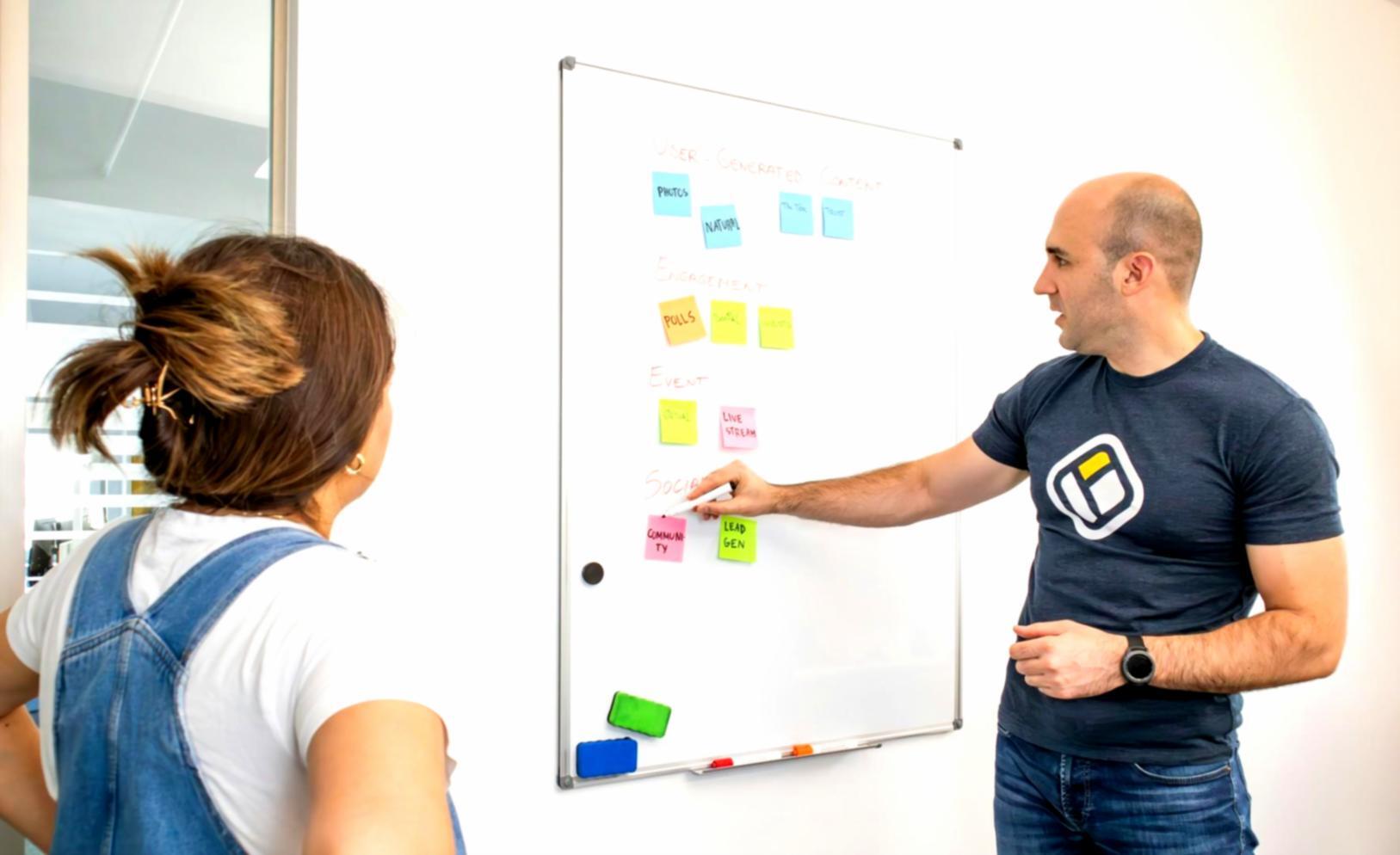Expert Support When You Need It Most
Our team includes certified financial planners, behavioral coaches, and debt specialists who've helped thousands of Australians transform their relationship with money. But here's the thing - they're not here to lecture you about compound interest.
Habit Formation
Making financial behaviors stick through proven psychological techniques and personalized approaches.
Crisis Navigation
Emergency financial situations require different strategies than long-term planning.
Mindset Shifts
Addressing the emotional and psychological barriers that keep people stuck in unhealthy money patterns.
System Building
Creating sustainable financial routines that work with your life, not against it.
They're here for the moments when you're staring at your credit card balance wondering how it got so high, or when you've tried every budgeting app and nothing seems to stick. Real problems need real solutions, not generic advice.




